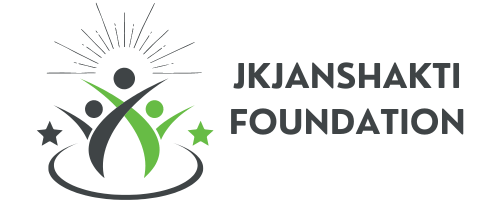Summit Spotlight: Navigating the Responsible Use of AI in Fundraising
In an era where technology continues to evolve at a breakneck pace, the application of Artificial Intelligence (AI) in fundraising has emerged as a game-changer. This dynamic shift was the focal point of our recent summit, which brought together industry leaders, tech innovators, and nonprofit professionals to explore the responsible use of AI in enhancing fundraising efforts. The summit provided a platform for critical discussions, innovative demonstrations, and collaborative strategies aimed at ensuring that AI is used ethically and effectively to support charitable causes.
The integration of AI into fundraising operations offers numerous advantages, from optimizing donor outreach and personalizing communication to predicting giving patterns and automating administrative tasks. However, with these benefits come significant responsibilities. The summit highlighted the importance of leveraging AI in ways that align with ethical standards and respect donor privacy while maximizing the positive impact on fundraising outcomes.

Significant Discussions
One of the key topics discussed was the need for transparency and accountability in AI-driven fundraising tools. As AI systems become more sophisticated, they have the potential to analyze vast amounts of data and generate insights that can significantly enhance donor engagement strategies. Yet, this capability also raises concerns about data privacy and security. Ensuring that AI tools adhere to stringent data protection standards and clearly communicate how donor information is used was a central theme of the summit. Attendees agreed that maintaining transparency about AI’s role in fundraising is crucial for building and preserving donor trust.
The summit also delved into the ethical considerations surrounding AI algorithms. AI systems often rely on complex algorithms to segment donors, predict giving behaviors, and tailor communications. However, these algorithms can inadvertently perpetuate biases or exclude certain donor segments. To address this, the summit emphasized the need for ongoing monitoring and refinement of AI models to ensure fairness and inclusivity. It was suggested that diverse teams should be involved in the development and review of AI systems to mitigate bias and ensure that the technology serves all segments of the donor base equitably.
Another significant discussion point was the balance between automation and human touch. AI can automate routine tasks, such as donor segmentation and follow-up emails, which can increase efficiency and allow fundraisers to focus on more strategic activities. However, the human element remains crucial in fostering genuine connections and understanding donor motivations. The summit underscored the importance of using AI to complement, rather than replace, human interaction. Personal engagement and relationship-building should continue to be central to fundraising efforts, with AI serving as a tool to enhance these interactions rather than overshadow them.
The summit also showcased innovative case studies where AI has been implemented responsibly in fundraising. For instance, some organizations have used AI to identify potential major donors based on historical giving patterns and social media activity, while ensuring that these insights are used ethically and with respect for privacy. Other examples included AI-driven platforms that help streamline grant application processes, making them more accessible and efficient for nonprofits.
Looking ahead, the summit called for a collaborative approach to developing best practices and guidelines for the responsible use of AI in fundraising. By fostering partnerships between technology providers, nonprofit organizations, and regulatory bodies, we can create a framework that ensures AI is used ethically and effectively to support charitable missions.
Conclusion
In conclusion, the summit on the responsible use of AI in fundraising was a vital step toward harnessing the power of technology while upholding the highest ethical standards. As AI continues to evolve, it is imperative that we navigate its application with care, ensuring that it enhances rather than diminishes the core values of philanthropy. By prioritizing transparency, fairness, and the human touch, we can leverage AI to drive impactful fundraising and advance our collective mission to create positive change in the world.
“ AI in fundraising should be a bridge, not a barrier; a tool that amplifies our commitment to transparency, fairness, and personal connection, ensuring technology enhances, not overshadows, the heart of philanthropy.”




